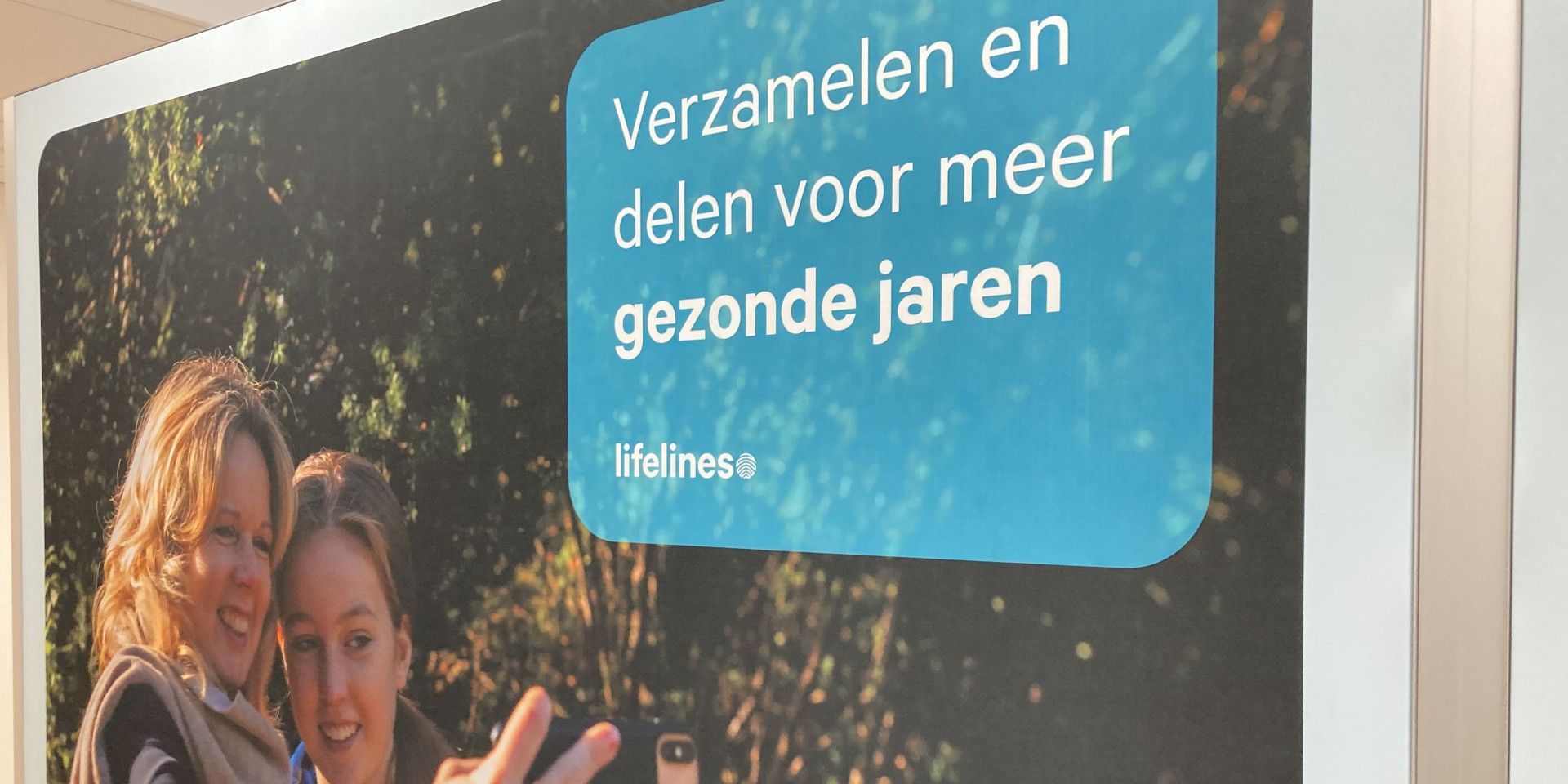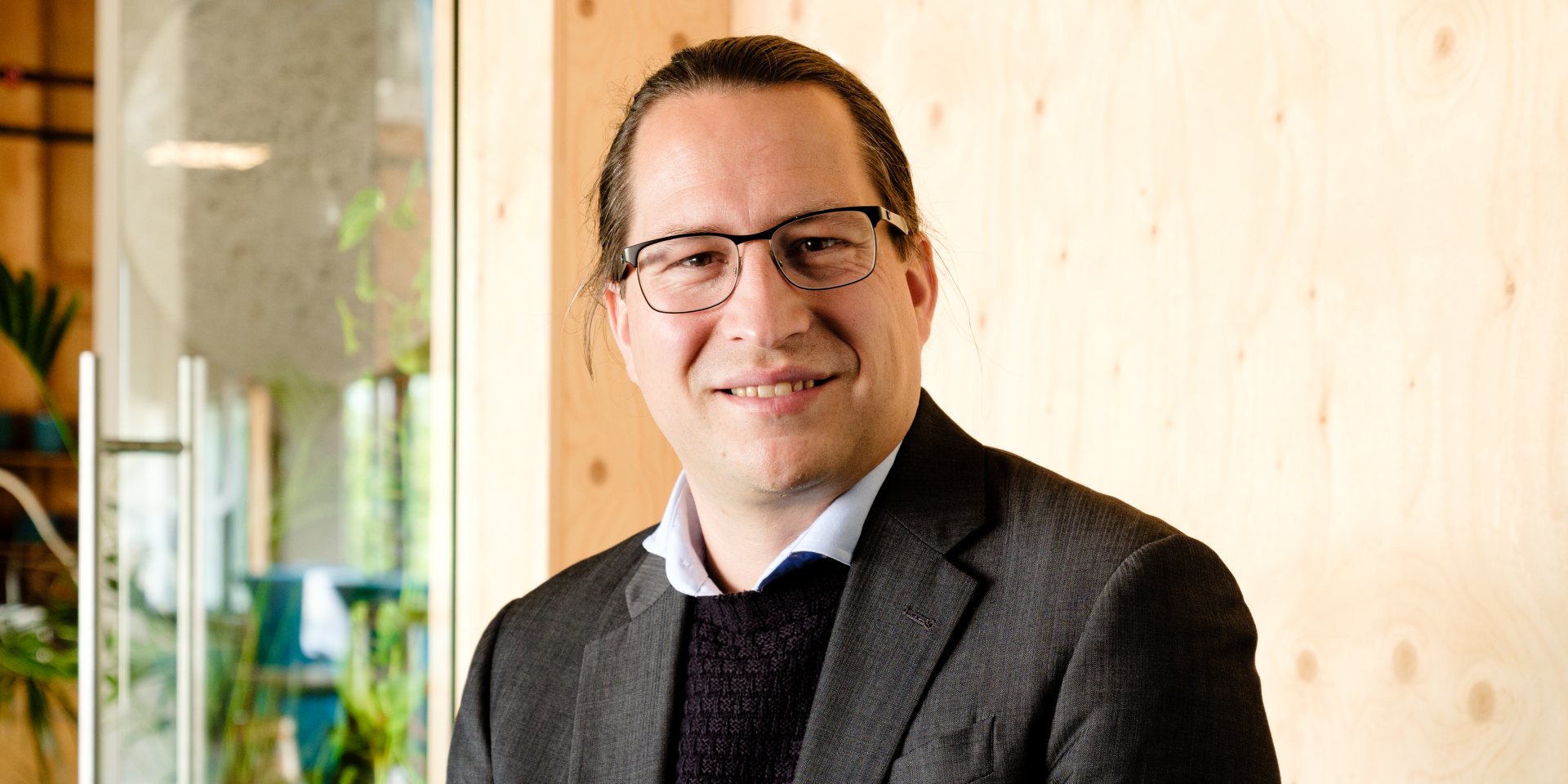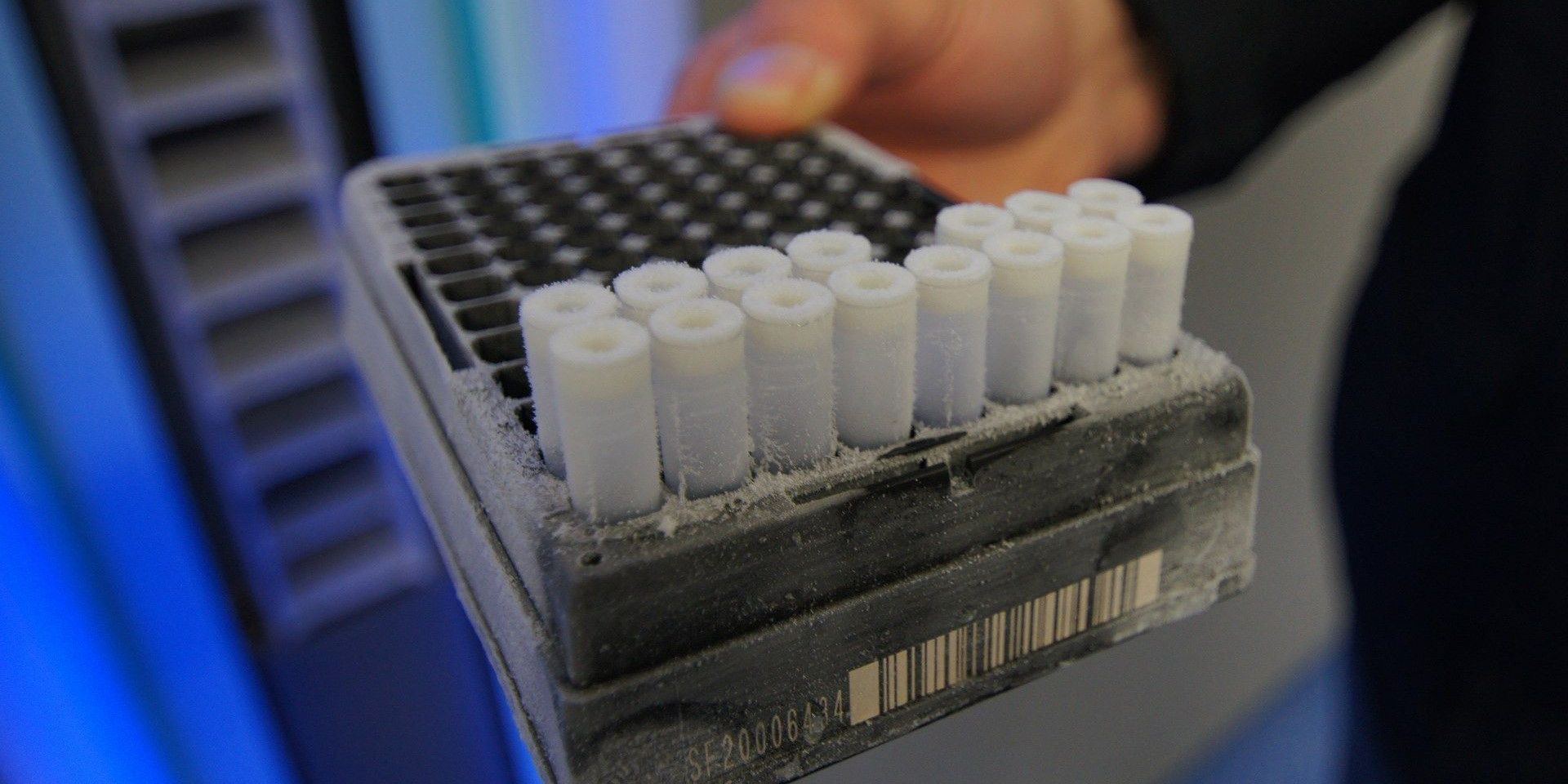
Current health issues call for interdisciplinary collaboration
Interview with Jochen Mierau on Lifelines Researchers Community Event
- by Jelle Posthuma
The Aletta Jacobs School of Public Health and Lifelines, the largest data and bio-bank in the Netherlands, are organising the Lifelines Researchers Community Event on 10 October. The aim of the event is to promote interaction between researchers from different disciplines and exchange knowledge. Jochen Mierau, scientific director of Lifelines, looks ahead to the event.

About Lifelines
More than 167,000 Northerners of all ages have volunteered insight into their health within the Lifelines project for almost two decades. This wealth of health data enables very diverse research into the origins of diseases and their effective prevention. To exchange experiences and knowledge, and gain inspiration, Lifelines organises an annual event for the research community. The programme for next autumn includes a keynote address by Melinda Mills , professor of ‘Data Science and Public Health Policy’ at Oxford and Groningen.
Interdisciplinary collaboration
The Aletta Jacobs School of Public Health is co-hosting the event. A key aim of the School is to facilitate and promote interdisciplinary collaboration. According to Mierau, this principle fits perfectly with current health issues - and thus Lifelines. 'Modern pathologies are part of the economic process. Services or products are offered that are unhealthy. Think fast food, alcohol and fossil fuels.'
It is an illusion that we can eliminate these diseases with technology alone, argues Lifelines' scientific director. 'We should not focus on one aspect such as technology. Instead, the solution lies at the intersection of disciplines. It is about legal aspects, such as sugar taxes and working conditions. But economic, sociological and historical insights are also very important.' He cites vaccines as an example. ‘We can make them, but it is ultimately a social, legal and economic issue whether we will actually use the vaccines.’
A broad university like the University of Groningen is ideally suited to approaching issues in an interdisciplinary way, says Mierau, ‘There is an important role here for the Aletta Jacobs School. Within the School, different disciplines come together and issues are approached from different perspectives.'


Modern disease processes
Lifelines data provide important insight into modern health issues, the scientific director explains. 'It shows, for example, whether proximity to a snack bar is also associated with obesity, and what we can then do about it. Within Lifelines, we follow people over a very long period of time. This allows us to investigate, for example, how being overweight at a young age affects health later in life.'
The insights from the Lifelines data lead to a wealth of information, Mierau continues, ‘A key goal of the event is to find ways to turn these insights into actionable perspectives for policymakers and citizens. Using our data, we can work towards more healthy years. So it's about the interaction between what we get from the data and what this means for policy. The Lifelines data allow us to identify health risks and investigate the effectiveness of new (prevention) policies. We will continue to do this unabated in the coming years.'
The Lifelines Researchers Community Event will take place on 10 October from 1pm to 6pm at the House of Connections, Groningen.

